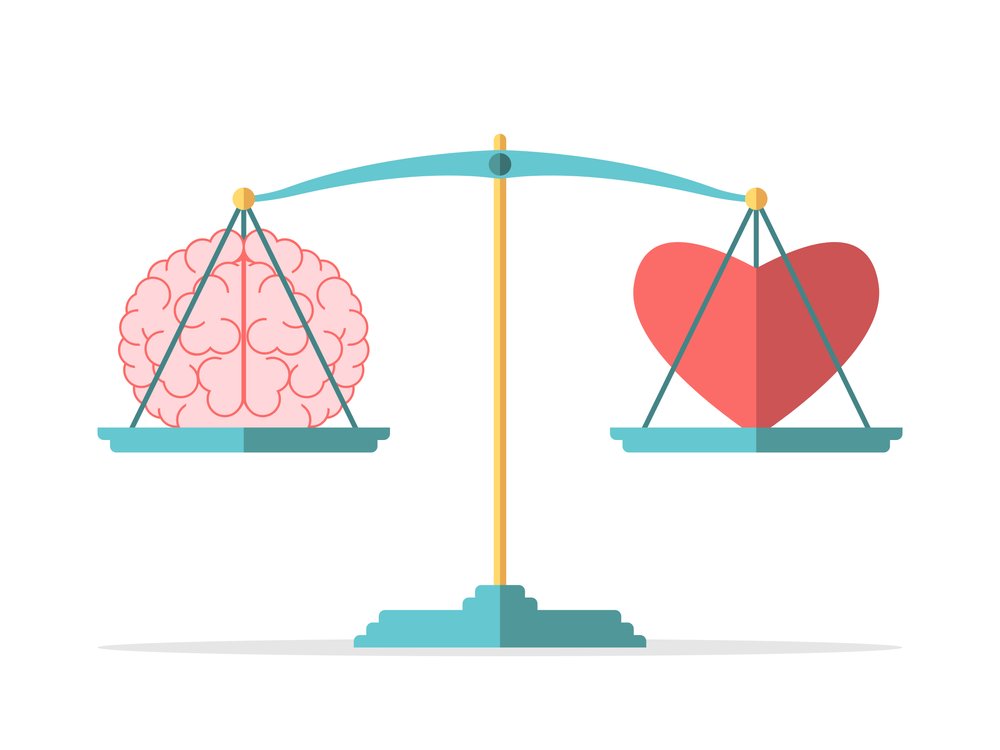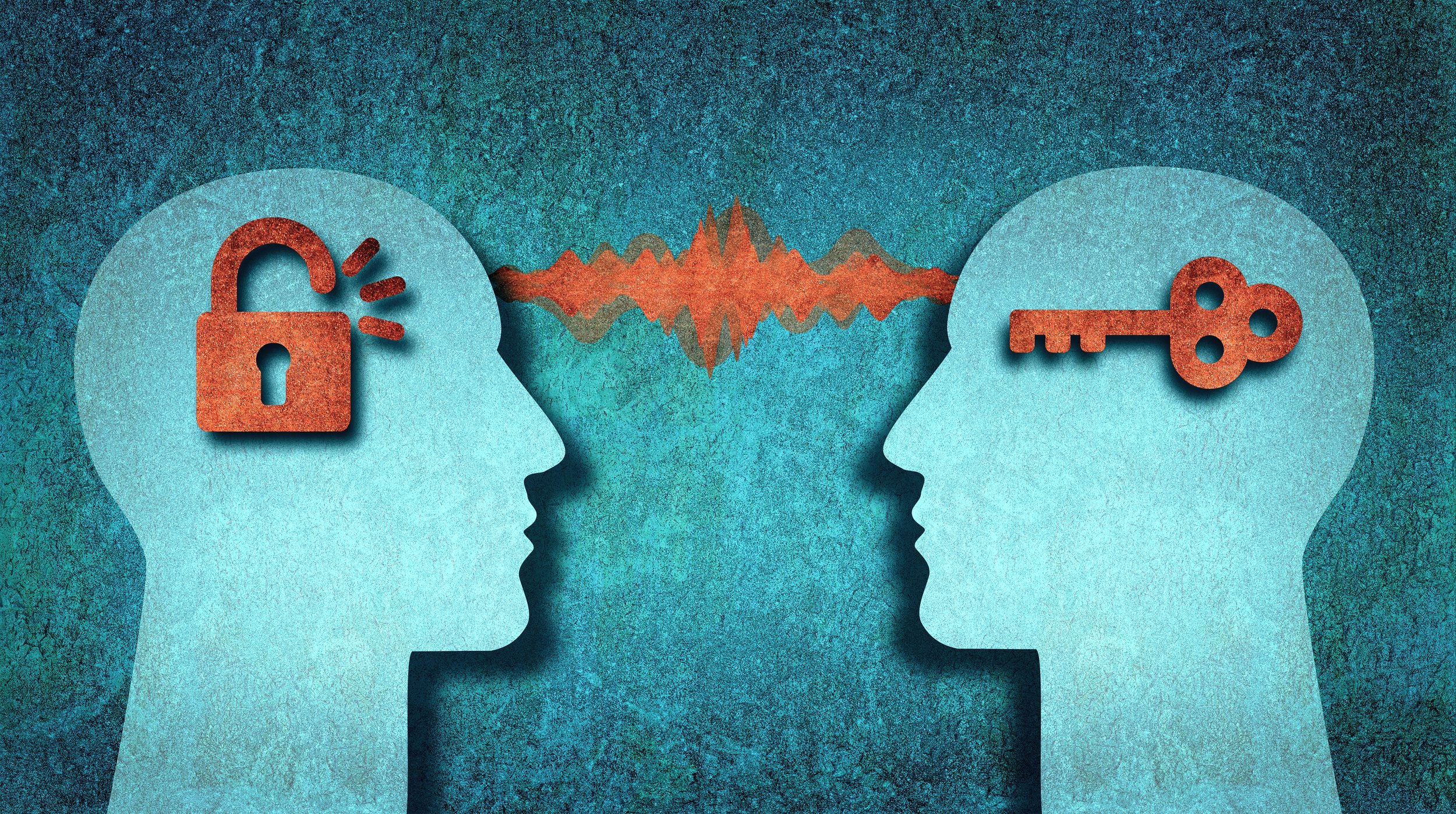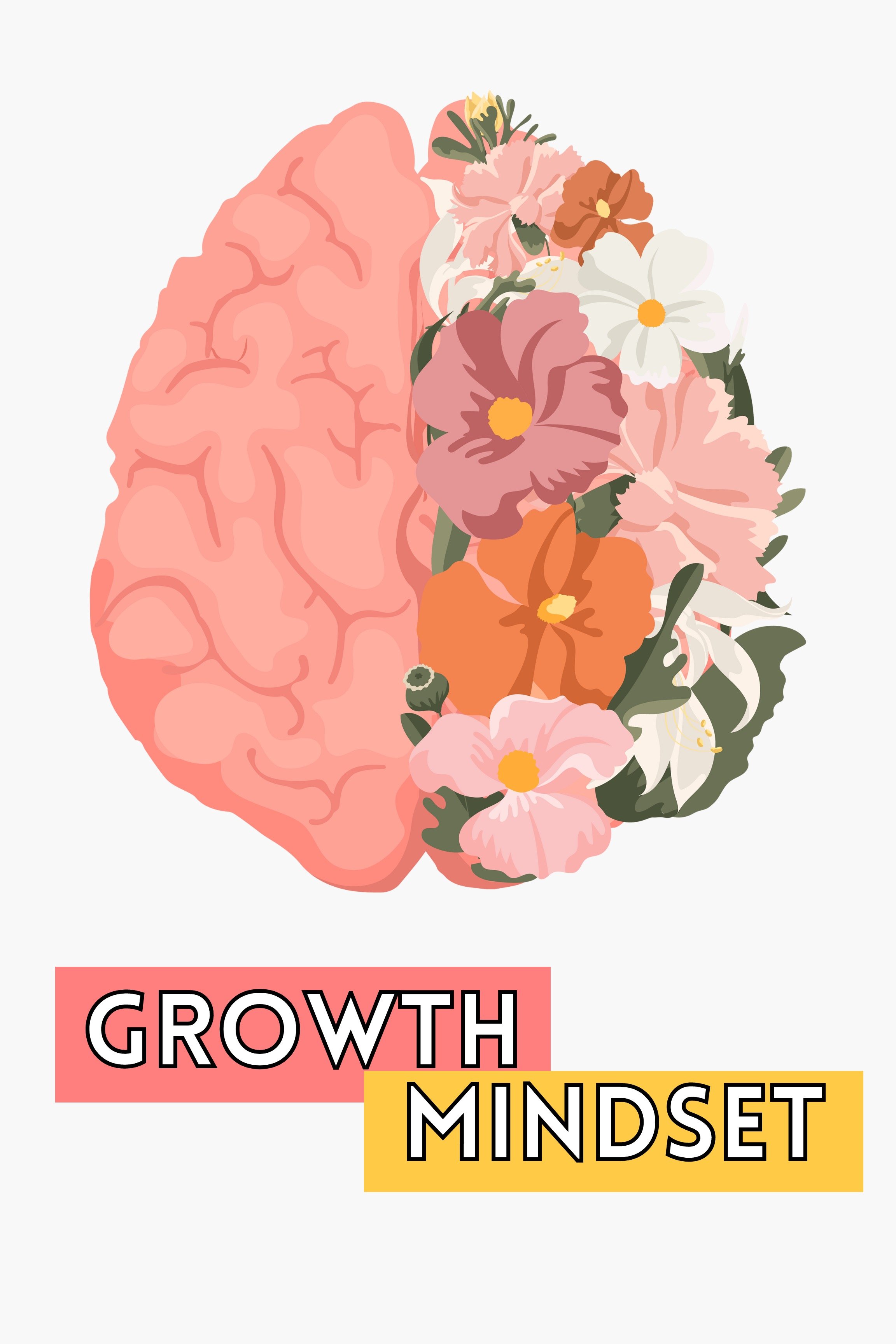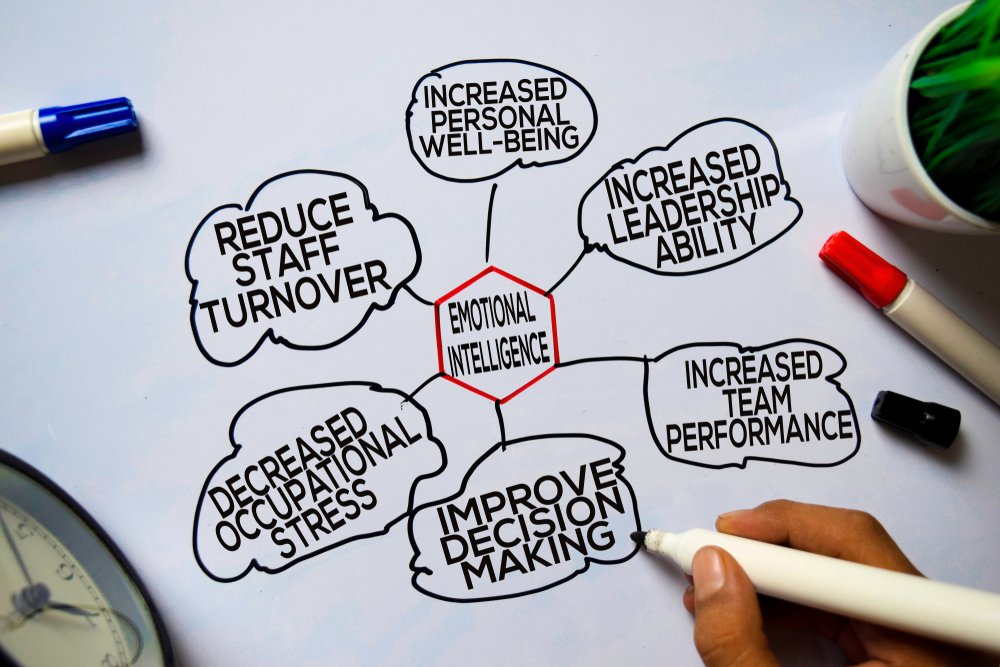
Cultivating Emotional and Social Intelligence: The Unseen Power of Psychotherapy and Leadership Coaching
In a world where success is increasingly measured not just by technical skills but also by the ability to connect with others, emotional intelligence emerges as the key differentiator in both professional and personal spheres. Let's explore how EI can propel us to greater heights as a performance enhancer in all areas of life, from the workplace to our relationships and beyond.
Emotional intelligence is the ability to recognize, understand, and manage our emotions and those of others effectively. This essential skill involves being attuned to our feelings and reactions while also empathizing with the emotions of those around us. Unlike IQ, which remains relatively stable throughout life, EI can be developed and improved through self-awareness and continuous practice.

Mastering Difficult Conversations: The Power of Emotional Intelligence in Interpersonal Communication
In a world where success is increasingly measured not just by technical skills but also by the ability to connect with others, emotional intelligence emerges as the key differentiator in both professional and personal spheres. Let's explore how EI can propel us to greater heights as a performance enhancer in all areas of life, from the workplace to our relationships and beyond.
Emotional intelligence is the ability to recognize, understand, and manage our emotions and those of others effectively. This essential skill involves being attuned to our feelings and reactions while also empathizing with the emotions of those around us. Unlike IQ, which remains relatively stable throughout life, EI can be developed and improved through self-awareness and continuous practice.

The Power of Emotional Intelligence: Elevating Performance in Work and Life
In a world where success is increasingly measured not just by technical skills but also by the ability to connect with others, emotional intelligence emerges as the key differentiator in both professional and personal spheres. Let's explore how EI can propel us to greater heights as a performance enhancer in all areas of life, from the workplace to our relationships and beyond.
Emotional intelligence is the ability to recognize, understand, and manage our emotions and those of others effectively. This essential skill involves being attuned to our feelings and reactions while also empathizing with the emotions of those around us. Unlike IQ, which remains relatively stable throughout life, EI can be developed and improved through self-awareness and continuous practice.

Striking the Balance: Empathy and Accountability in Emotionally Intelligent Leadership
In today's dynamic VUCA world, change is an inevitable force. Sometimes, this transformation involves making decisions that may not initially be well-received by team members. These unpopular changes can be met with resistance, and leaders may find themselves in the throes of a tough challenge. However, this is where emotional intelligence, a critical leadership skill, comes into play. Here are some key ways leaders can use emotional intelligence to gain team buy-in when implementing an unpopular new change or policy at the company.

Leveraging EQ Skills for a Softer Landing When Implementing Change
In today's dynamic VUCA world, change is an inevitable force. Sometimes, this transformation involves making decisions that may not initially be well-received by team members. These unpopular changes can be met with resistance, and leaders may find themselves in the throes of a tough challenge. However, this is where emotional intelligence, a critical leadership skill, comes into play. Here are some key ways leaders can use emotional intelligence to gain team buy-in when implementing an unpopular new change or policy at the company.

The Crucial Connection: Psychological Safety and Strong Performing Teams in the Post-Pandemic Era
In today's ever-changing and uncertain work environment, psychological safety has emerged as an it-factor when analyzing the success of teams. Psychological safety, at its core, is the shared belief that team members can express themselves openly without fear or judgment or punishment. As organizations navigate the post-pandemic era, specifically the remote-work environment, understanding the relationship between psychological safety and team performance becomes even critical. Here, we will explore the significance of psychological safety, highlighting what the research has found regarding psychological safety in the post-pandemic era, and emphasize the role highly emotionally intelligent leaders play in establishing a supportive and safe work environment.










